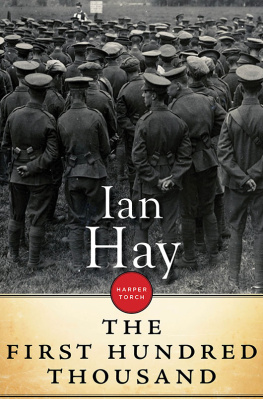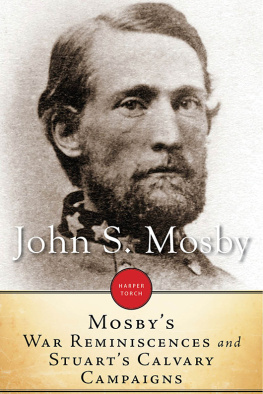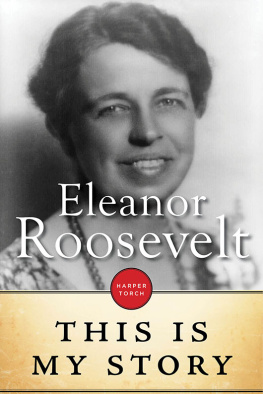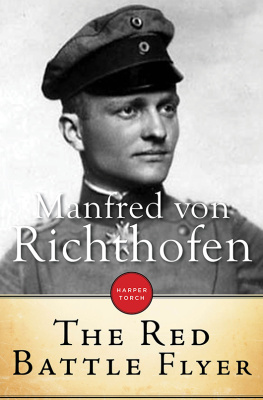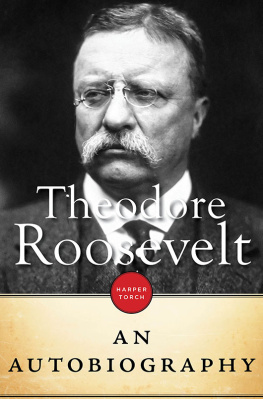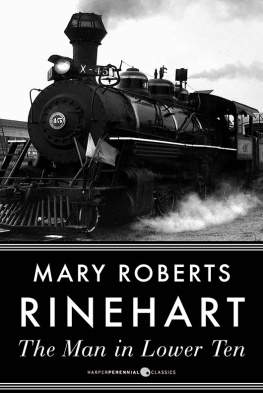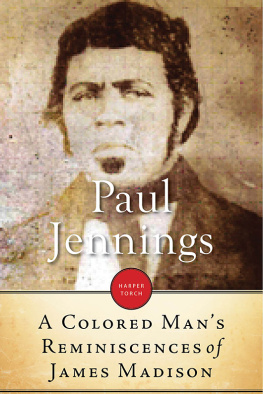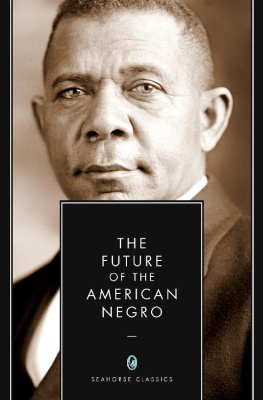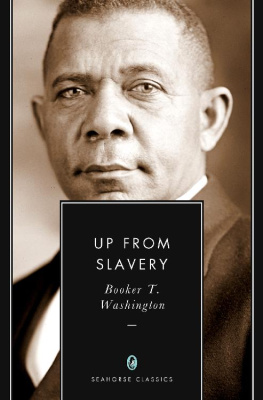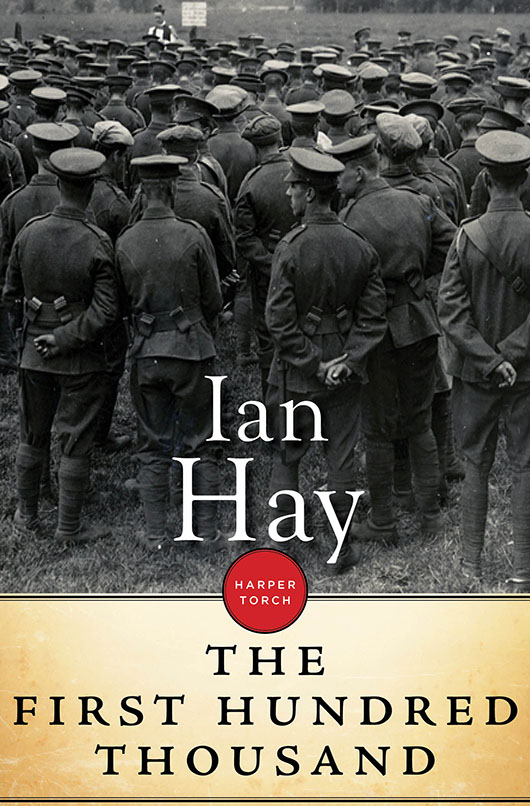The reader is hereby cautioned against regarding this narrative as an official history of the Great War.
The following pages are merely a record of some of the personal adventures of a typical regiment of Kitcheners Army.
The chapters were written from day to day, and published from month to month. Consequently, prophecy is occasionally falsified, and opinions moderated, in subsequent pages.
The characters are entirely fictitious, but the incidents described all actually occurred.
Ab Ovo
SquoadShun! Move to the right in fours. Forrmfourrrs!
The audience addressed looks up with languid curiosity, but makes no attempt to comply with the speakers request.
Come away now, come away! urges the instructor, mopping his brow. Mind me: on the command form fours, odd numbers will stand fast; even numbers tak a shairp pace to the rear and anither to the right. Nowforrm fourrs!
The squad stands fast, to a man. Apparentlynay, verilythey are all odd numbers.
The instructor addresses a gentleman in a decayed Homburg hat, who is chewing tobacco in the front rank.
Yous, whats your number?
The ruminant ponders.
Seeven fower ought seeven seeven, he announces, after a prolonged mental effort.
The instructor raises clenched hands to heaven.
Man, Im no askin you your regimental number! Never heed that. Its your number in the squad Im seeking. You numbered off frae the right five minutes syne.
Ultimately it transpires that the culprits number is ten. He is pushed into his place, in company with the other even numbers, and the squad finds itself approximately in fours.
Forrmtwo deep! barks the instructor.
The fours disentangle themselves reluctantly, Number Ten being the last to forsake his post.
Now well dae it jist yince more, and have it right, announces the instructor, with quite unjustifiable optimism. Forrmfourrs!
This time the result is better, but there is confusion on the left flank.
Yon man, oot there on the left, shouts the instructor, whats your number?
Private Mucklewame, whose mind is slow but tenacious, answersnot without pride at knowing
Nineteen!
(Thank goodness, he reflects, odd numbers stand fast upon all occasions.)
Weel, mind this, says the sergeantLeft files is always even numbers, even though they are odd numbers.
This revelation naturally clouds Private Mucklewames intellect for the afternoon; and he wonders dimly, not for the first time, why he ever abandoned his well-paid and well-fed job as a butchers assistant in distant Wishaw ten long days ago.
And so the drill goes on. All over the drab, dusty, gritty parade ground, under the warm September sun, similar squads are being pounded into shape. They have no uniforms yet: even their instructors wear bowler hats or cloth caps. Some of the faces under the brims of these hats are not too prosperous. The junior officers are drilling squads too. They are a little shaky in what an actor would call their patter, and they are inclined to lay stress on the wrong syllables; but they move their squads about somehow. Their seniors are dotted about the square, vigilant and helpfulhere prompting a rusty sergeant instructor, there unravelling a squad which, in a spirited but misguided endeavour to obey an impossible order from Second Lieutenant Bobby Little, has wound itself up into a formation closely resembling the third figure of the Lancers.
Over there, by the officers mess, stands the colonel. He is in uniform, with a streak of parti-coloured ribbon running across above his left-hand breast-pocket. He is pleased to call himself a dugout. A fortnight ago he was fishing in the Garry, his fighting days avowedly behind him, and only the special reserve between him and embonpoint. Now he finds himself pitchforked back into the active list, at the head of a battalion eleven hundred strong.
He surveys the scene. Well, his officers are all right. The second in command has seen almost as much service as himself. Of the four company commanders, two have been commandeered while home on leave from India, and the other two have practised the art of war in company with brother Boer. Of the rest, there are three subalterns from the 2nd Battalionleft behind, to their unspeakable woeand four from the O.T.C. The juniors are very junior, but keen as mustard.
But the men! Is it possible? Can that awkward, shy, self-conscious mob, with scarcely an old soldier in their ranks, be pounded, within the space of a few months, into the 7th (Service) Battalion of the Bruce and Wallace Highlandersone of the most famous regiments in the British army?

